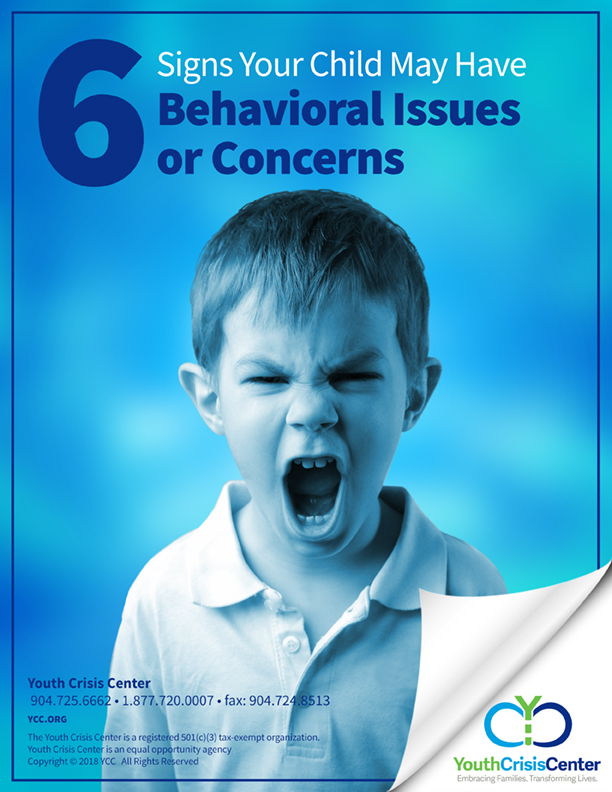Numerous studies, spanning decades, have found that girls talk more often – and earlier – than boys. So, when girls are suddenly quiet or withdrawn, it truly can be a cause for concern.
“Boys act out externally – they are more aggressive or destructive, and their behavior is directed outwards toward others,” explains Sterling Hurst, SNAP® Program Coordinator at the Youth Crisis Center. “But when something is bothering or troubling a girl, her behavior is directed inwards. They internalize more and socially withdraw themselves.”
Warning Signs
Some behaviors girls will exhibit when struggling with an emotional issue will include:
- Sad, nervous or irritable behavior
- Changes in their eating habits and sleeping patterns
- Trouble keeping focus
- Feelings of loneliness or guilt
What To Do
Hurst cautions parents not to jump into what he calls “detective mode” if they see these signs or suspect something is bothering their daughters. The first step he suggests is to start paying attention and observing whether these behaviors are becoming significant or habitual. The next step is to ask questions, but ask them in an open ended format and be patient. He cautions that parents probably won’t get an answer on the first try.
“Stay calm and let them open up in their own time,” insists Hurst. “Position it in a way that they know they can come back to you when they are ready. Use language like, ‘I understand you don’t want to talk about what’s going on, but if you want to talk about it later, I am here.’”
Hurst says these gender differences is why YCC’s SNAP program is gender specific. Facilitators and parents can address the challenges facing girls and boys with different approaches.
What is SNAP®
SNAP®, which stands for STOP NOW AND PLAN, is an evidence-based program that focuses on how a child thinks, as well as why they are acting out. Developed at the Child Development Institute (CDI), SNAP® is a free program that helps troubled children and their parents learn how to effectively manage their emotions and “keep problems small”.
The SNAP® program is focused on children ages 6-11 who are engaging in aggressive, anti-social behavior and/or have come into negative contact with authority figures at school or in the community. Experienced and highly trained staff works with each family to assess challenges and problems and develop an action plan. The goal is to prevent future anti-social behavior and reduce the chances of conflict with family, peers and authority figures.
Hurst adds that the problems facing young girls often come from either a bullying situation at their school, or feeling ignored or neglected at home.
“Parents are so busy these days. Often, when the young girl in the home wants attention or to talk, it’s not a good time for mom or dad,” remarks Hurst. “Girls will often take that to heart and begin to withdraw.”
SNAP® has trained facilitators that are prepared to provide the tools to help girls, boys and their families work through behavioral issues, whether they stem from school or home.
If you think your child is exhibiting problematic behavior and can benefit from the free SNAP® program, click HERE to read more about the “Six Signs Your Child May Have Behavioral Issues or Concerns”.
To learn more about SNAP® click HERE.


